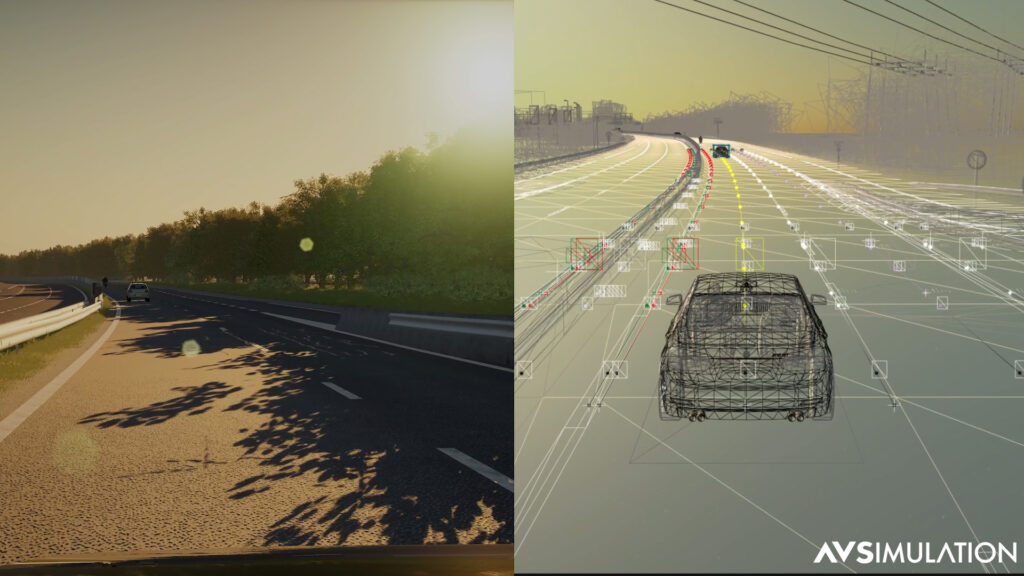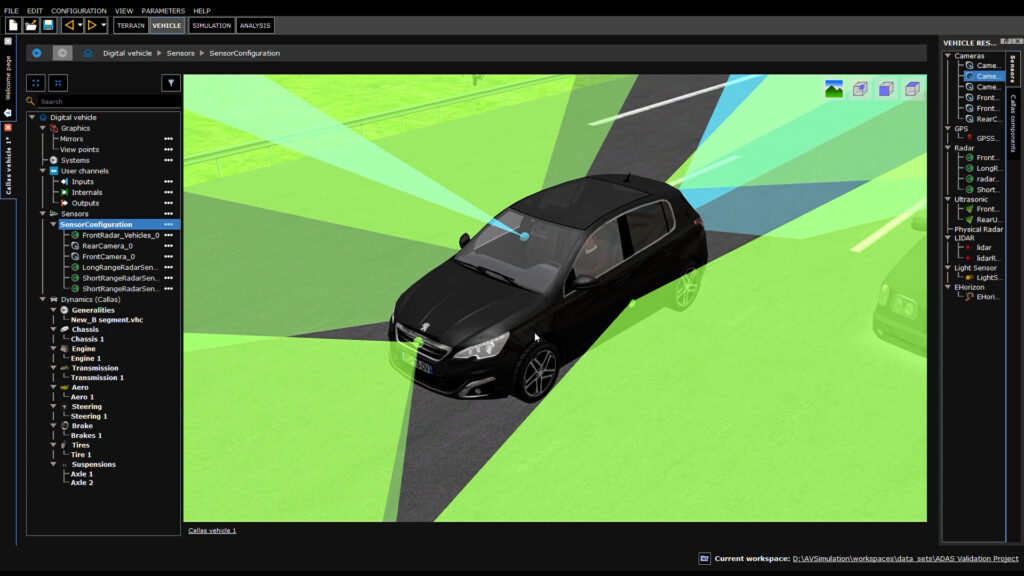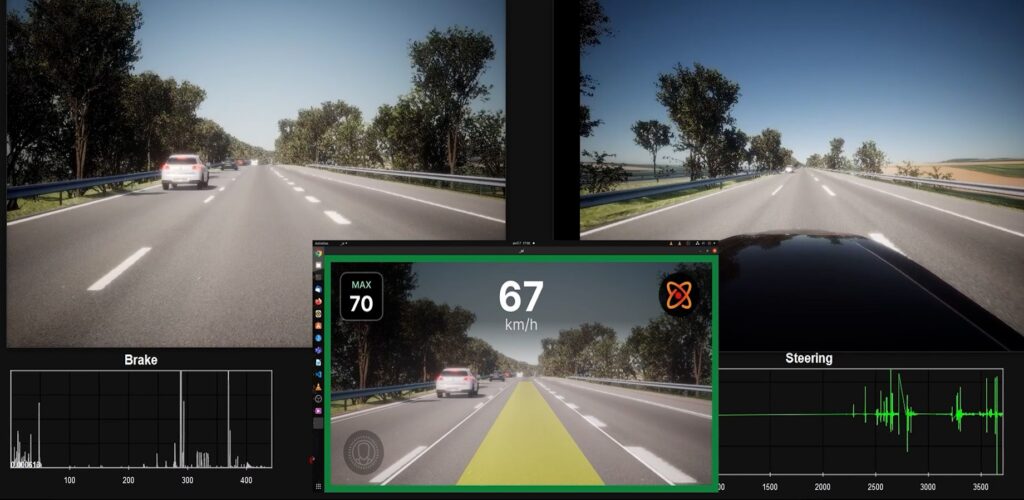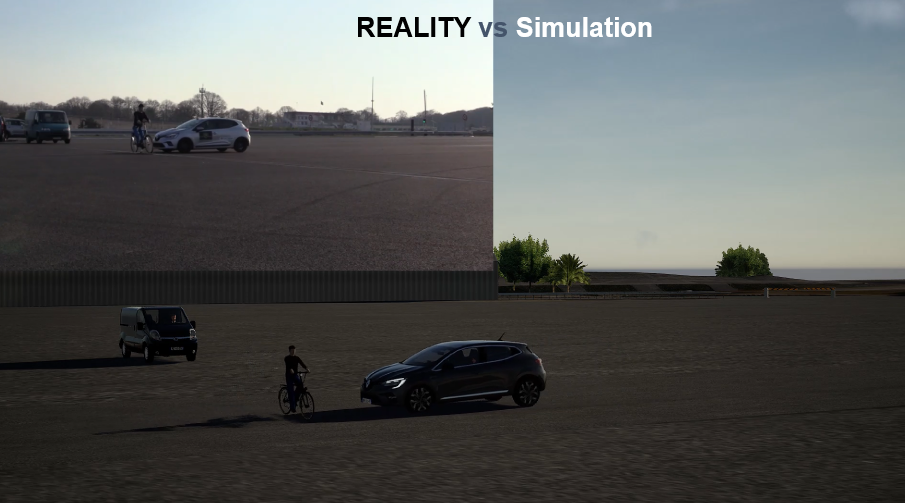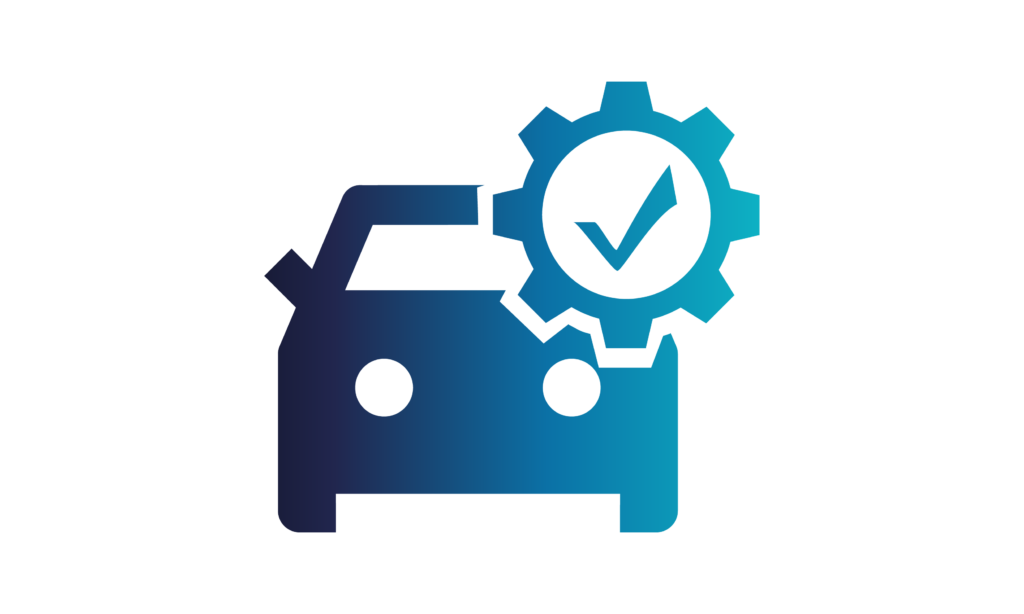ADAS development & verification
As automotive technology advances, the integration of Advanced Driver Assistance Systems (ADAS) becomes increasingly vital for enhancing vehicle safety and improving driver experience.
Simulation allows engineers to replicate real-world scenarios, assess system responses to various driving conditions, validate sensor inputs, and refine ADAS algorithms.
This comprehensive testing ensures the reliability and effectiveness of ADAS technologies before deployment, reducing costs and time associated with physical testing.
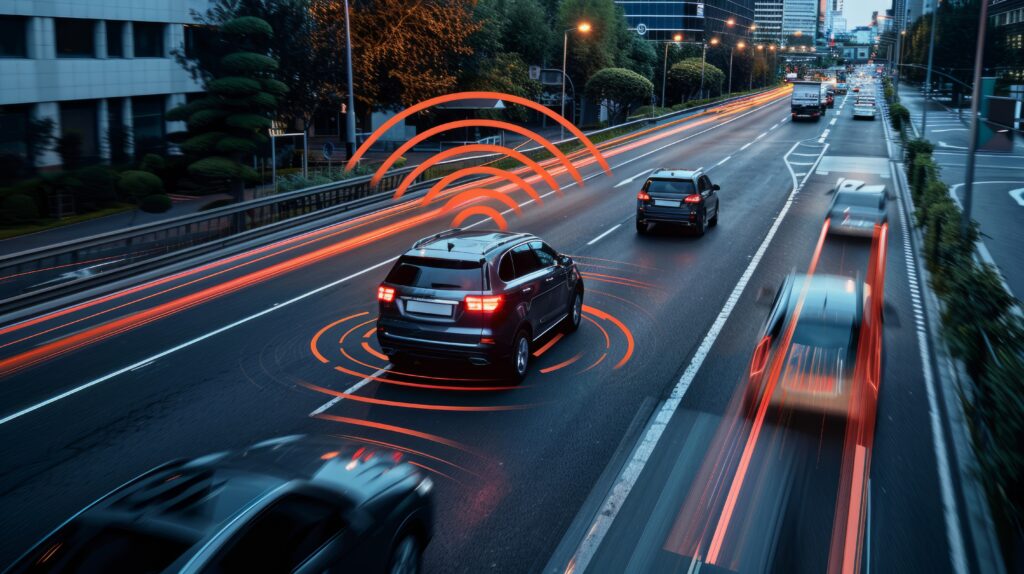
Benefits of SCANeR
- Rich and representative simulation environments and features to lure ADAS
- Versality of the simulation at every level of testing and validation : MIL/SIL/HIL;VIL/DIL (Real time interfacing between the components and the simulation)
- Each sensor has a full graphical interface for customization
- Simplified integration process with block-based FMU mapping editor included in a complete and user-friendly interface describing all aspects of the vehicle
- Great variability of scenarios, environmemnts and model parameters offers the possibility to fully custom the simulation
Sensor (Perception & Localization)
In the field of sensors, simulation plays a crucial role in testing and refining sensor-based systems. With SCANeR, engineers can simulate a wide range of sensor inputs such as radar, lidar, and cameras, accurately replicating real-world scenarios. This enables comprehensive testing of perception algorithms, assessment of sensor fusion techniques, and validation of localization accuracy under various conditions including different lighting, weather, and road conditions.
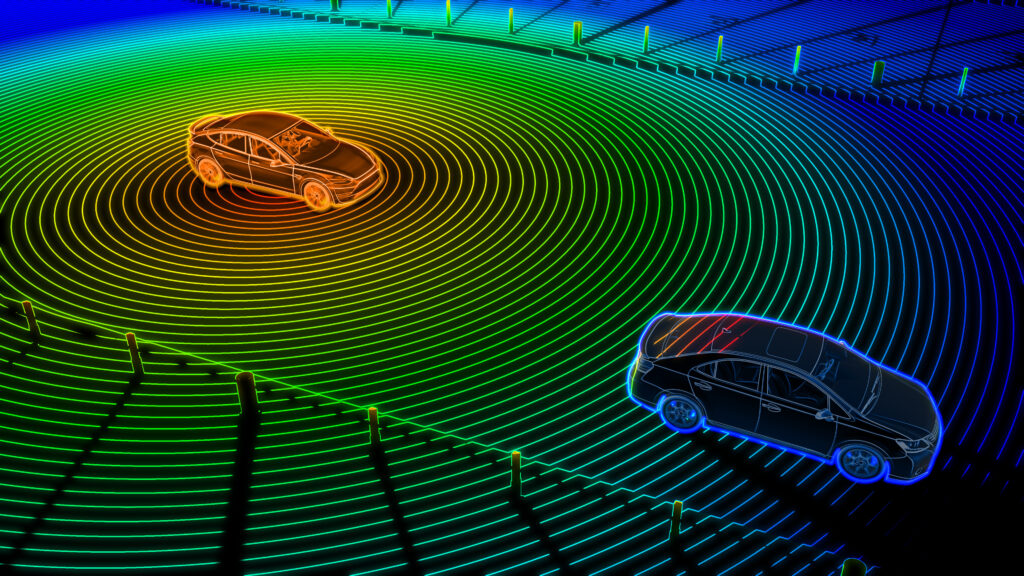
Benefits of SCANeR
- Rich and representative simulation environments and features to lure ADAS
- Possibility to compute every level of detail in sensors and signal propagation modeling
- Versality of the simulation at every level of testing and validation : MIL/SIL/HIL;VIL/DIL (Real time interfacing between the components and the simulation)
- Each sensor has a full graphical user-friendly interface for customization
Related packs
Software development (Decision making & Motion planning / Motion Control)
In the sphere of AD/ADAS Software Development, SCANeR offers a comprehensive simulation environment for engineers to precisely simulate and refine algorithms. Specifically, engineers can simulate dynamic traffic scenarios, assess the effectiveness of decision-making algorithms in navigating complex environments, and fine-tune motion planning and control strategies. Additionally, SCANeR enables the evaluation of various vehicle behaviors, such as lane changing and obstacle avoidance, contributing to the development of robust and efficient autonomous driving systems.
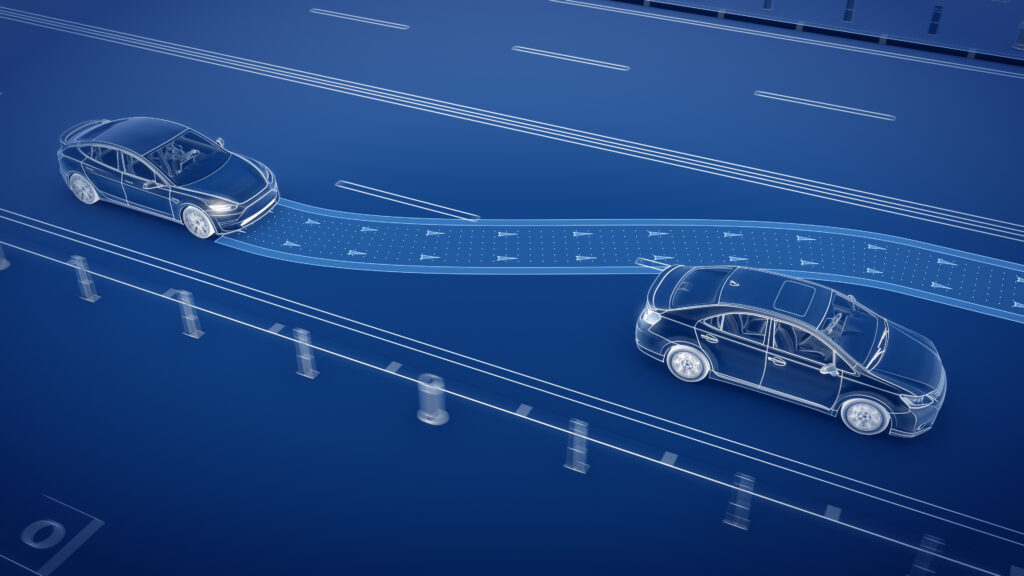
Benefits of SCANeR
- Rich and representative simulation environments and features to lure ADAS
- Strong Traffic and scenario models easily customizable (Scenarios use MICE and Python languages)
- When going from a workstation to a cloud configuration for massive simulation, SCANeR will adapt and therefore use the same assets and data thanks to its great versatility
Digital vehicle validation
System Validation is a critical phase in ensuring the safety and reliability of autonomous vehicles. Simulation tools like SCANeR provide a virtual testing environment where engineers can comprehensively validate AD/ADAS functionalities. With SCANeR, engineers can replicate real-world scenarios, assess system responses to diverse driving conditions, and verify the accuracy and effectiveness of autonomous driving algorithms. This rigorous validation process is essential for achieving regulatory compliance and instilling confidence in the performance of autonomous vehicles on the road.

Benefits of SCANeR
- Rich and representative simulation environments and features to lure ADAS
- Advanced Vehicle-In-The-Loop functionalities for an accurate simulation
- Complete description of the digital vehicle with an easy-to-use interface to create and define all aspects of the vehicle
- SCANeR sensors can be spread across multiple computers to optimize the calculation and ensure that the results are correctly calculated with enough resources
Related packs
Smart and connected powertrains
Smart and connected powertrains represent a transformative shift in automotive technology, integrating advanced electronics and connectivity to optimize performance and efficiency. SCANeR allows for detailed modeling of smart powertrain components such as electric motors, hybrid systems, and transmission controls, enabling engineers to optimize parameters and control strategies. Additionally, SCANeR facilitates real-time connectivity simulations, assessing communication protocols and data exchange between powertrain components for seamless integration and enhanced functionality.

Benefits of SCANeR
- Rich and representative simulation environments and features to lure ADAS
- SCANeR offers the possibility to simulate E-horizon sensors capable of gathering road data (road surface conditions, speed limits, etc...) for powertrain control algorithms
- Large library of powertrain types
- Extensibility with MATLAB/Simulink for control laws
NCAP & regulations by UTAC
NCAP standards and regulations set by UTAC are pivotal for ensuring vehicle safety and compliance. SCANeR provides a sophisticated simulation platform for engineers to evaluate vehicle designs against NCAP criteria and UTAC regulations. With SCANeR, engineers can simulate crash scenarios, assess vehicle performance in impact tests, and optimize safety features to meet stringent standards. By leveraging SCANeR’s simulation capabilities, automotive manufacturers can expedite the development of safer vehicles while adhering to regulatory requirements, ultimately enhancing road safety for all.

Benefits of SCANeR
- With SCANeR paired with the NCAP & Regulations pack, enjoy numerous scenarios and a large library of official targets realized by UTAC engineers
- 1030 scenarios are available based on real trajectories and real data
- Preview scenarios are also included to be prepared for future protocols.

